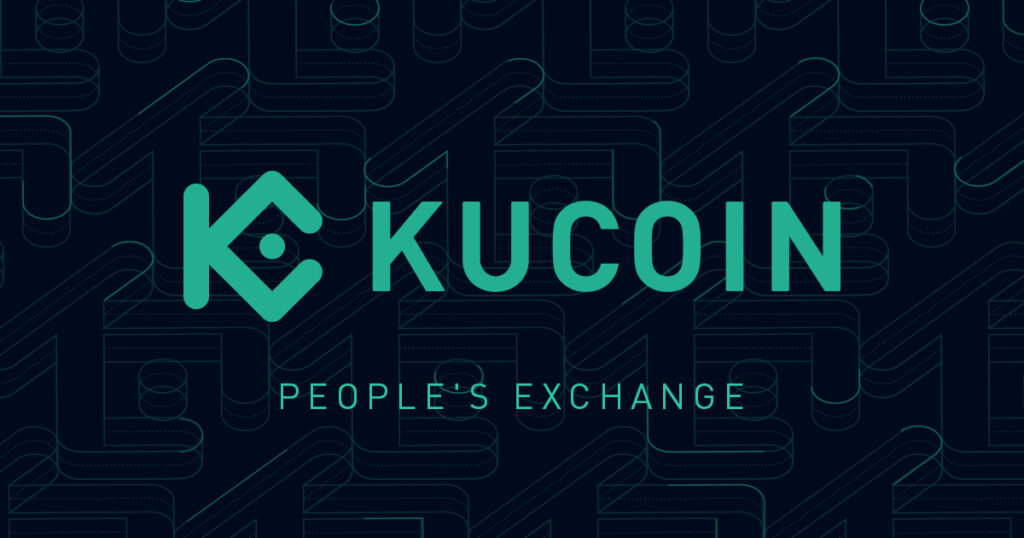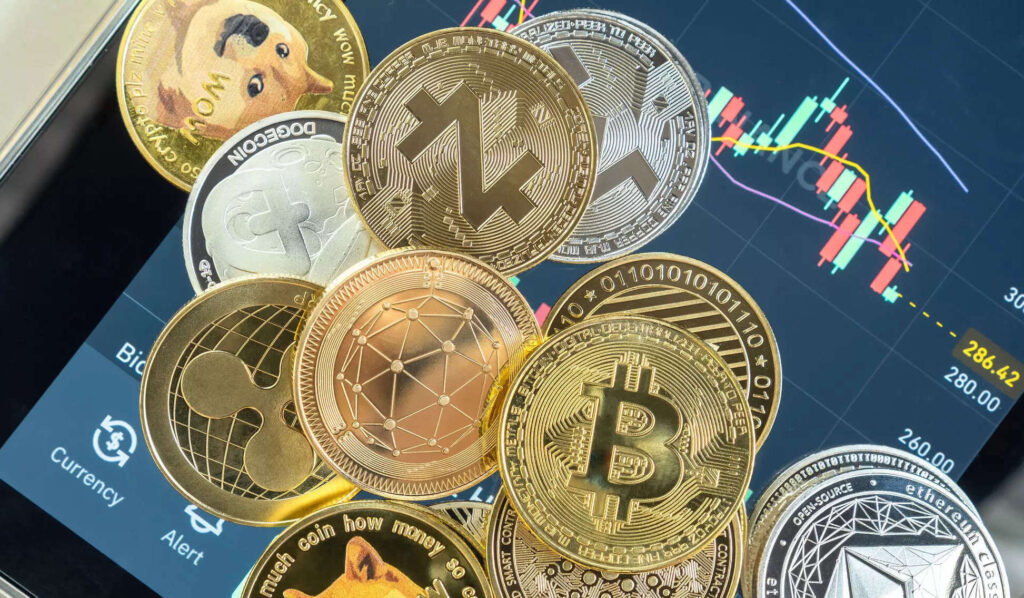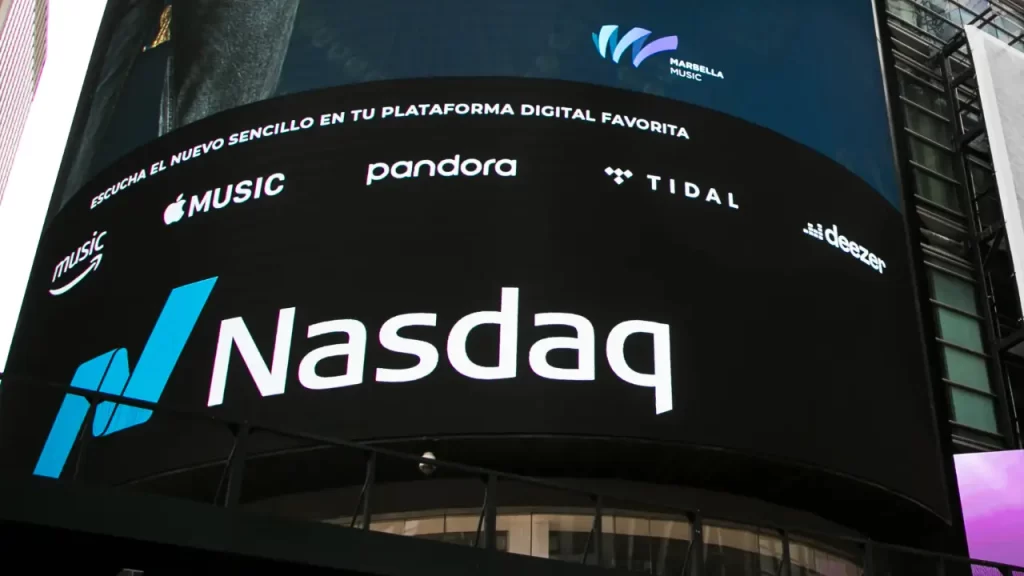In a significant move, the Namibian government has officially reversed its previous decision to ban cryptocurrency exchanges in the country.
Instead, it has embraced a new law to regulate Virtual Asset Service Providers (VASPs) operating within its borders. The Namibia Virtual Assets Act 2023 was approved in the National Assembly on July 6 and signed by President Hage Geingob on July 14.
Subsequently, on July 21, the law was inserted into the Gazette of the Republic of Namibia, solidifying its implementation.
This groundbreaking legislation represents the first comprehensive framework in Namibia’s history that governs cryptocurrency-related activities.
The primary objective of the Namibia Virtual Assets Act is to establish a regulatory authority responsible for supervising and overseeing crypto exchanges within the country.
By doing so, the government aims to ensure consumer protection, curb market abuse, and address the risks associated with money laundering and terrorist financing.
The law sets out strict penalties for non-compliant VASPs, with potential fines of up to 10 million Namibian dollars (approximately $671,000) and a maximum prison sentence of 10 years.
However, it is worth noting that the country’s central bank, the Bank of Namibia, remains firm in its stance that cryptocurrencies will not be recognized as legal tender within Namibia.
READ MORE: Ripple CEO Brad Garlinghouse Criticizes SEC’s ‘Regulation by Enforcement’
The journey towards this regulatory environment started in May 2018 when the Bank of Namibia made a significant policy shift by revising its initial decision to ban cryptocurrency exchanges.
Since then, the government has been exploring ways to address the emerging digital asset landscape while safeguarding its citizens and financial system.
Namibia is not alone in its evolving approach to cryptocurrencies in Africa.
Earlier this month, South Africa’s financial regulator announced that all cryptocurrency exchanges in the country must obtain licenses by the end of 2023 to continue their operations legally.
Other African nations, such as Botswana, Kenya, Mauritius, and Seychelles, have also enacted laws to regulate cryptocurrency activities.
In contrast, some countries, including Cameroon, Ethiopia, Lesotho, Liberia, Republic of the Congo, Sierra Leone, Tanzania, and Zimbabwe, have chosen to ban cryptocurrencies altogether, according to information from the International Monetary Fund.
As for Namibia’s new Virtual Assets Act, it will come into force at a date determined by the Ministry of Finance, giving stakeholders time to prepare and adjust to the regulatory framework.
By embracing this progressive approach to cryptocurrencies, Namibia seeks to strike a balance between fostering innovation and protecting its financial system from potential risks associated with the digital asset market.
Other Stories:
Worldcoin Sparks Controversy As It Launches Ecosystem Token
Crypto Lending Firm Faces Service Disruption as Assets Seized by Regulator











